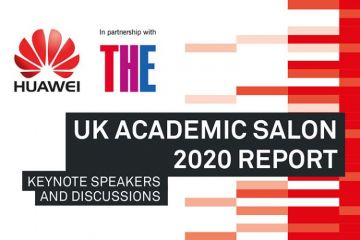The vice-chancellor of the University of Bedfordshire told the Business, Innovation and Skills Committee yesterday that he would be prepared to use the “nuclear option” of stopping universities charging higher fees if they failed to agree and meet more “challenging targets” on admitting poorer students.
He said he would hope never to use the director’s ultimate sanction of refusing an institution an access agreement – which they need to charge fees over £6,000 – but added that it was important that the threat was real.
Appearing before the commiteee, which has the final say on whether he is appointed to take over from Sir Martin Harris in April, Professor Ebdon said the power of the Office for Fair Access was “quite strong” but needed to be “articulated” and “exercised” more.
Referring to the main sanction of refusing access agreements, he said: “The task is to use the nuclear option with subtlety and that will be my role.
“If you say you never will touch the nuclear button then you don’t have a nuclear button so clearly I would be prepared to…but my expectation is through some tough negotiation to agree [with institutions].”
Risking the ire of highly-selective universities, he said their performance on access was in some cases going backwards.
He pledged to look closely at the benchmarks they were using to measure performance on the issue.
“We actually have a major challenge in this area and if we don’t take it on, if we lose more ground at this juncture, then we will suffer as a nation,” he said.
Professor Ebdon also accused such universities of too often blaming poorer students’ choice of subjects at school for their failure to win places.
“I don’t think universities can just say, ‘Oh well it is because they are doing the wrong GCSEs’,” he said.
“Universities have to deal with the world as it is rather than the world as we would want.”
Challenged on his previously-stated position on access, Professor Ebdon said that although he would not hit the “delete button” on anything he had said as chair of the Million+ group of post-1992 universities, he would strive to be independent in the Offa role.
“It is not for the director of Offa to dictate to government about policy that has already been democratically decided,” he said.
He added that the government had shown itself to be “serious” on the access issue by taking the “brave step” in choosing him.
Register to continue
Why register?
- Registration is free and only takes a moment
- Once registered, you can read 3 articles a month
- Sign up for our newsletter
Subscribe
Or subscribe for unlimited access to:
- Unlimited access to news, views, insights & reviews
- Digital editions
- Digital access to THE’s university and college rankings analysis
Already registered or a current subscriber? Login








